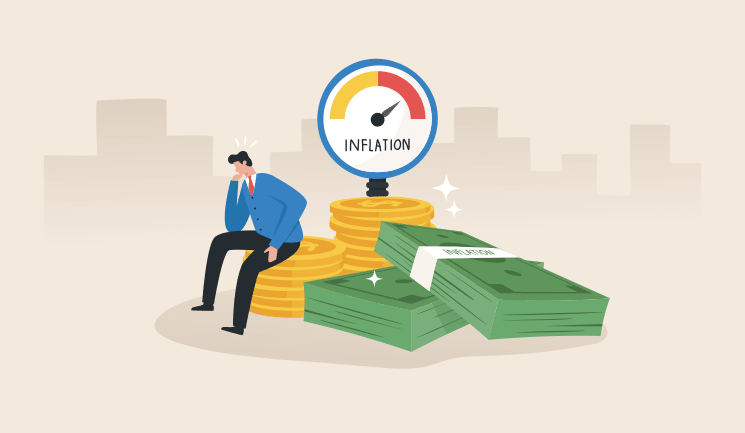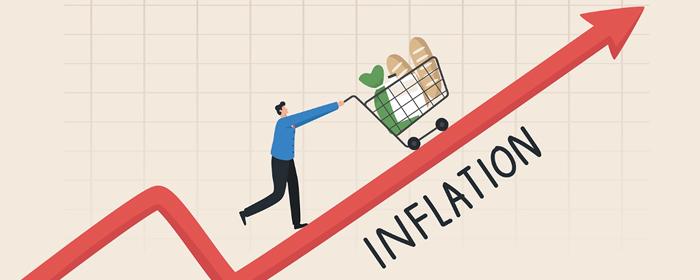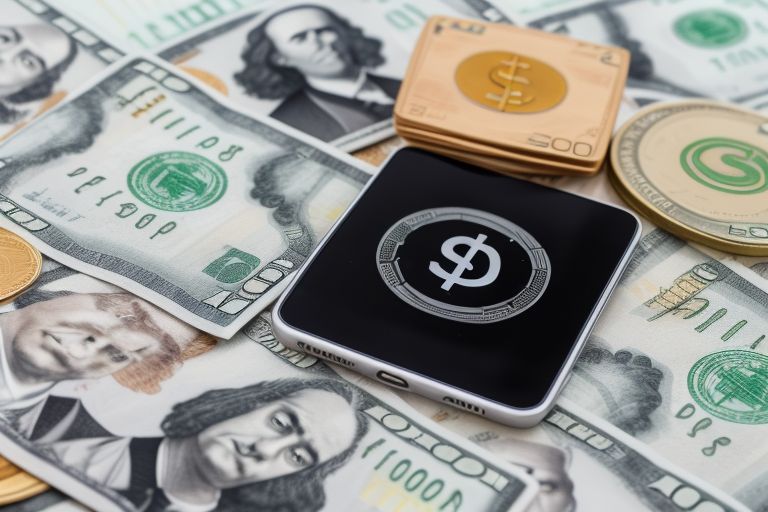Understanding the Role of Inflation in Your Savings

Inflation is a thief you do not recognize and affects your savings more than you would imagine. Yet, inflation is sometimes more concealed when reducing the value of money in circulation. A basic knowledge of inflation and its effects on savings will ensure you make the right financial decisions and safeguard your money.
1. What is Inflation?
Inflation can be described as the trend by which the overall price of products and services in the economy increases in a given period. Inflation makes the value of money less when the same amount used in purchasing goods and services in the past can now buy fewer goods and services. Although inflation indicates a growing economy, if not well regulated, it reduces your cash balances if not managed appropriately.
2. How Inflation Erodes Your Savings
Inflation means that the real value of money is eroding when it goes up ahead of the interest rates of a savings account. For instance, should inflation be at 3%, and your savings yield only 1% interest, you lose 2% of your savings yearly. This dwindles one’s purchasing power, which, in other words, means that what you save today may be worthless next year.
3. The Importance of Inflation-Proof Investments

That is why investing in inflation-proof assets is a good way of cushioning your earnings against this tough reality. Some assets, like equities, properties, or inflation-indexed instruments such as TIPS, usually receive the nod during inflationary environments. These assets, when introduced to your investment portfolio, can assist in either preserving or improving your purchasing power in the future.
4. High-Yield Savings Accounts Can Help
Inflation affects all types of savings differently, and when making the savings, it is important to consider high-yield savings accounts. They usually pay a higher interest rate on your money than conventional savings accounts; it earns a much better interest rate, which may be closer to the inflation rate. While this may not cover inflation entirely, it goes a long way in cushioning the blow to your savings.
5. Regularly Review Your Savings Strategy
Inflation rates are not constant, so consider doing a credit check to review your savings plan. Analyze the effectiveness of saving strategies and investment options and appreciate the risk-taking capacity to manage the inflation rate properly. Constantly tweaking your strategies allows you to sustain the true purchasing power of your money.
6. Budget with Inflation in Mind

This shows how much inflation impacts savings and spending every day. People often need to factor in inflation when developing or revising their budgets. To avoid spending more money than you earn, you must consider the price increases to save and invest more money.
7. The Role of Inflation in Long-Term Financial Planning
Inflation has been seen to greatly impact issues in the long term, such as financial planning for retirement. It has been established over the years that even ordinary inflation has severe impacts and cuts into the value of your savings if not considered. To combat this issue, you should pay more into your retirement savings account as you progress with your career and select mutual funds to invest in that have a higher rate of return than inflation.
Conclusion
It is crucial to comprehend how inflation affects your savings so that specific financial results can be maintained. Sensibly putting your money, selecting high-interest earning accounts freezing the required quantity of funds, and periodically reassessing your approach, you can defend your wealth from inflation. Otherwise, you will have to work harder to manage your savings so that they will retain their value in the future.






